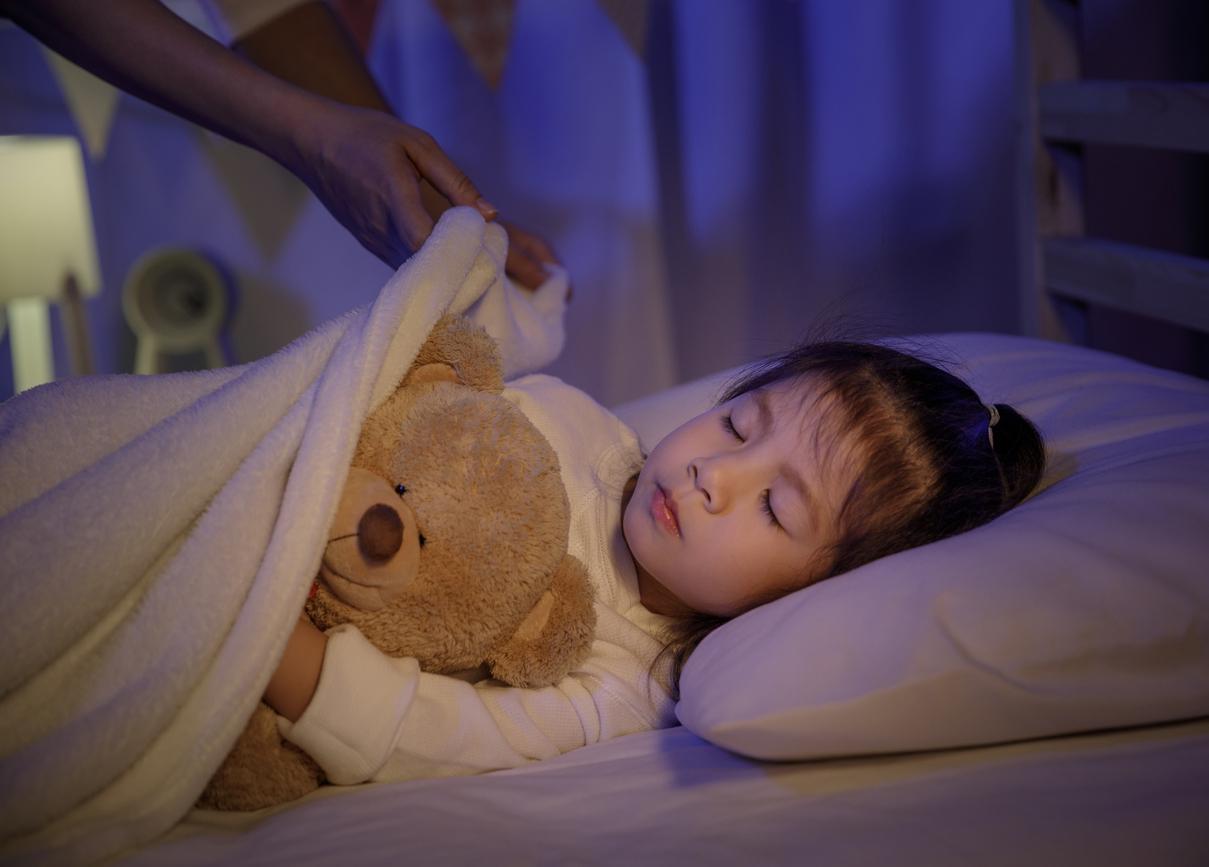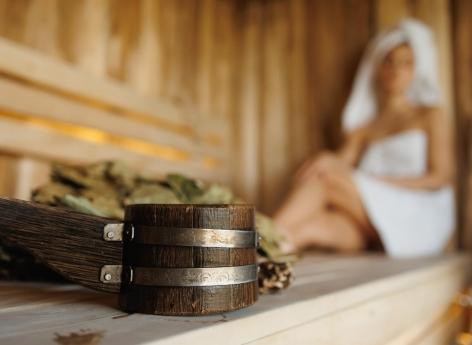A filter system to suppress blue light emissions from light bulbs has been developed.

- Blue light is emitted naturally by the sun, but also by artificial lights such as lights and objects containing light-emitting diodes (LEDs).
- These LED lights are increasingly present in our daily lives and contribute to the increase in our exposure to blue light, which is potentially dangerous for health.
LED bulbs save energy, but the blue light they emit can be bad for your health. Researchers from theAmerican Chemical Society have developed a new model to reduce it. They explain their approach in Applied Materials & Interfaces.
What is blue light?
Blue light is naturally diffused by the sun, but some devices can also emit it. However, prolonged and regular exposure over a long period can have harmful effects: it can be toxic to the retina, is associated with a higher risk of age-related macular degeneration, and disturbs our sleep.
A new type of light bulb
Previous scientific work has made it possible to develop a tool capable of masking blue light, without eliminating it. The team ofAmerican Chemical Society used a filter system to generate warm white light, while completely avoiding problematic emissions. They created a luminescent filter, containing europium: it proved to be stable in different experiments. Then, the scientists placed it in a bulb and the light produced was consistent with the desired effect, that is to say warm and powerful, without any emission of blue light. “The prototype revealed the color of objects almost as natural light does, which is consistent with the use of indoor light“, say the researchers. “There is still work to be done before this is available for daily use“, they specify however.
How to reduce exposure to blue light?
Not all LED bulbs emit the same amount of blue light. Thus, those whose light is warm are a priori less dangerous. Better to favor them than those diffusing a white light. Some companies market filters or glasses that are supposed to protect us from blue light. The National Health Security Agency estimates that “their effectiveness against the effects on the retina of blue light is highly variable” and adds that “their effectiveness for the preservation of circadian rhythms is not proven today“. In one report released in 2019, she recommends instead limiting the use of blue light-emitting devices before bedtime and during the night, especially for children.
.
















